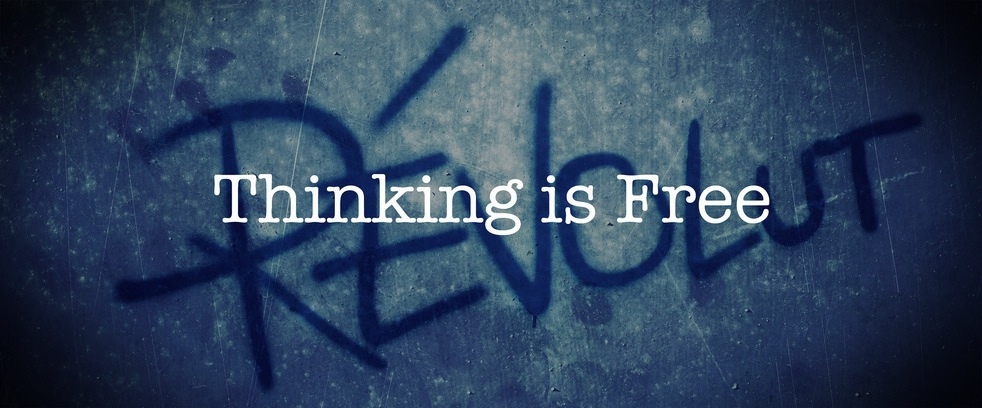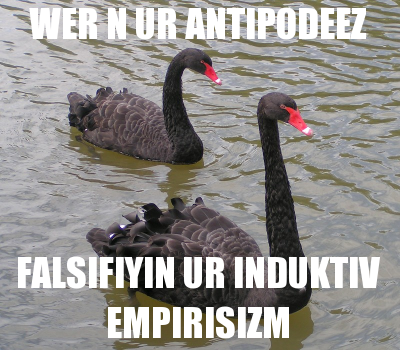Revolutionary tools do not a revolution make.
A lot has been made of about the role of social networking tools such as Facebook and Twitter in the uprisings in the Middle East and North Africa recently. Whilst I don’t know enough about Egypt, Libya and Bahrain to comment on their internal political situation, what I do know is that it takes more than the mere ‘potential’ of something to make a difference in practice.
And so it is with education. Mark Allen’s contribution to the #purposed debate reminded me of the important difference between something’s being available and an individual or group having the requisite skills and critical faculties to use it in a new, interesting, or even revolutionary way. As I mentioned in my comment on Mark’s blog, one of the reasons I think everyone should study a little Philosophy and History is because it prepares one to consider the ways things might, could or should be rather than being limited to tinkering within existing parameters.
So next time you read or hear of a technology or service that is going to, is, or has ‘revolutionised’ something, think of the context and milieu into which that tool or idea has been launched. As with Purpos/ed, it’s very likely you’ll find more than a hint of latent demand and the ‘adjacent possible’ in there. It’s never just about the tool or service.
Image CC BY Rev. Strangelove !!!!


